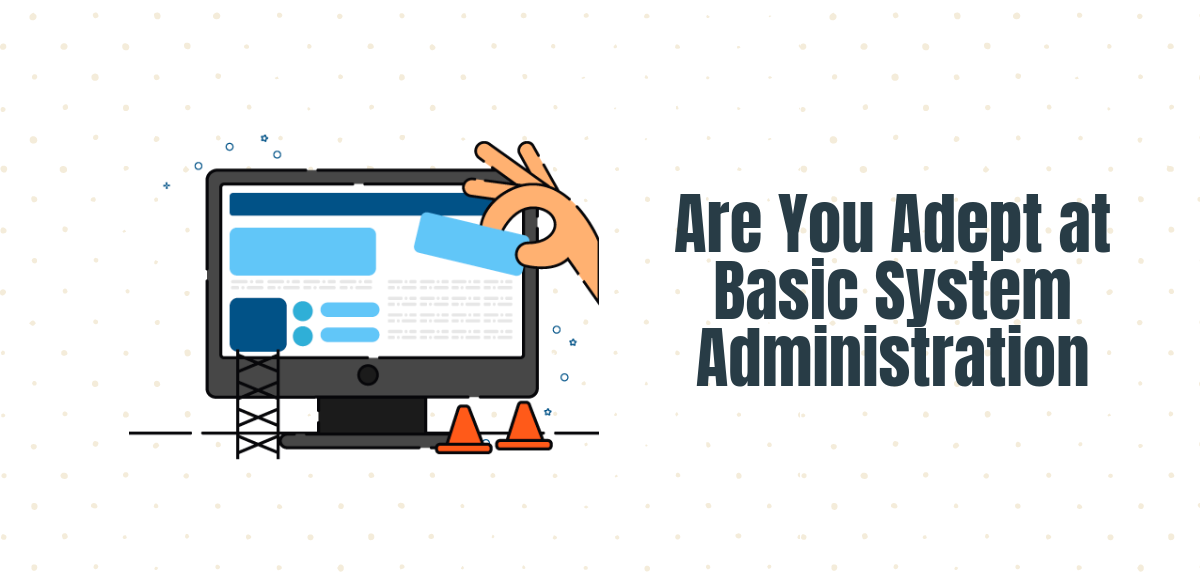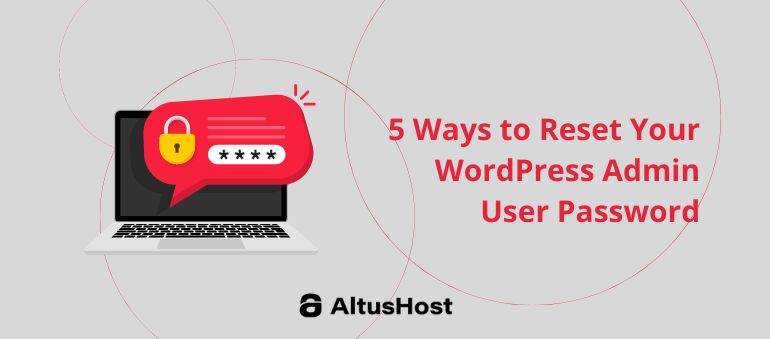Lists. They fascinate us. There are lists to determine if you are an introvert or extrovert; there are lists which will help you determine if you are right-brained or left-brained, and even if you are a good pet owner.
So, here is another list.
How good techie are you really? Below, you will find questions that you should answer to determine if you are a skilled techie.

Can You Fix Basic PC Issues?
Here’s the thing. If you are a techie in an organization, people expect that you will know how to solve their basic issues. Can you help them back up their files? Can you map a printer? Can you add network cards? Can you free up space to install updates?
Can You Be an Effective Help Desk Agent?
If you work for an organization that has a help desk, go sit at it for a while. Can you explain and resolve issues in lay terms so that non-techies understand?
Can You Train Others?
Teachers will tell you this: the best way to improve your own knowledge and skills is to teach them to someone else. Teaching forces you to conduct research, to read, and to learn that which you must teach others. It cements that learning so that you will retain it permanently.
Are You a Master of Basic Networking?
Even if you are a system administrator, you still need to understand how networks operate and how to conduct basic troubleshooting. You should know DNS and how to check it, along with trace-routing machines, at the very least.
Are You Adept at Basic System Administration?
Do you understand file permissions and access permissions? Do you know why machines talk to domain controllers? While you need not be an expert, you do need to understand these things so that you can avoid issues down the road.

Can You Network Trace?
You should be able to use at least one or two basic networking capturing tools. Learn Wireshark, snoop, netmon, etc. While you don’t need to understand everything, you need to be at least capable of capturing it and sending it over to a network engineer for examination.
Do you Understand Latency and Bandwidth and How they are Related but Different?
The concepts are simple. For example, you should understand why adding more bandwidth to a link that isn’t full will not reduce latency.
Can You Throw a Script Together for Quick Results?
If you are a real programmer, then you know about putting those error messages, in, looking for abnormalities, and documenting. If you are a techie but not a programmer, you should, however, be able to throw a script together that will remove lines, copy files, and/or send emails.
Are You Continuing to Learn More Languages?
If you are a programmer, fluency in just one or two languages should not be personally satisfying. While you may work in only those one or two, learning more all the time should always be “on your plate.” This drive to keep learning is one of the most valuable assets to an employer, and it should be to you too, especially if you are a solopreneur.
Do You Have Full Mastery in at Least One Core Area of Development?
You must. While you can certainly acquire skills in many areas of development, if you are focused on IOS development, for example, be the “king” of that area. This allows employers/clients to trust you. Once you are “king,” you can move on and retain that trust.
How Adaptable Are You?
You may need to “hit the ground running” in a new environment, framework, or language. Can you acclimate yourself to new systems and tools quickly? The goal is to become competent in the short-term and a master over time. When you are seeking a great job opportunity, for example at supreme dissertations, a potential employer will want to see flexibility, a good attitude, and an aptitude for learning. Specific skills are usually 3rd or 4th on their list of priorities because the first three say that you can and will learn what you have to.

Are You a Fan of Data and Research?
You need to be. Never make assumptions. Gather the data and analyze it. Data drives technology today.
 Are You Documenting Everything?
Are You Documenting Everything?
No one else wants to wonder what you did or how you did it. Even the obvious should be documented. And remember, you are may be “speaking” to non-techies too. Lose the acronyms a bit.
Are You Testing Enough?
Nothing is worse for a user than to have a piece of software with “bugs,” however small. A good techie tests and re-tests everything before launch.
Do You Have the Necessary Soft Skills?
Remember, being a good techie involves many hard skills – they are not all mentioned here, of course. However, to be effective, you must be a good communicator in a variety of environments; you must be a team player when that is required. And if you hope to move into IT management at some point, you have to be a great listener, humble, willing to ask questions when you don’t understand, and able to “read” others.
This is by no means a comprehensive list of the skills that make you a good techie. But do remember this: If you are already a techie, it is because you like what you do and you have already developed some solid skills. This means that you can learn anything you need to in order to boost your skill levels.
About the author: Ashley Kornee is a blogger and freelance writer. She always tries to write about ordinary things in a creative way. You can find her on Facebook and Twitter.




